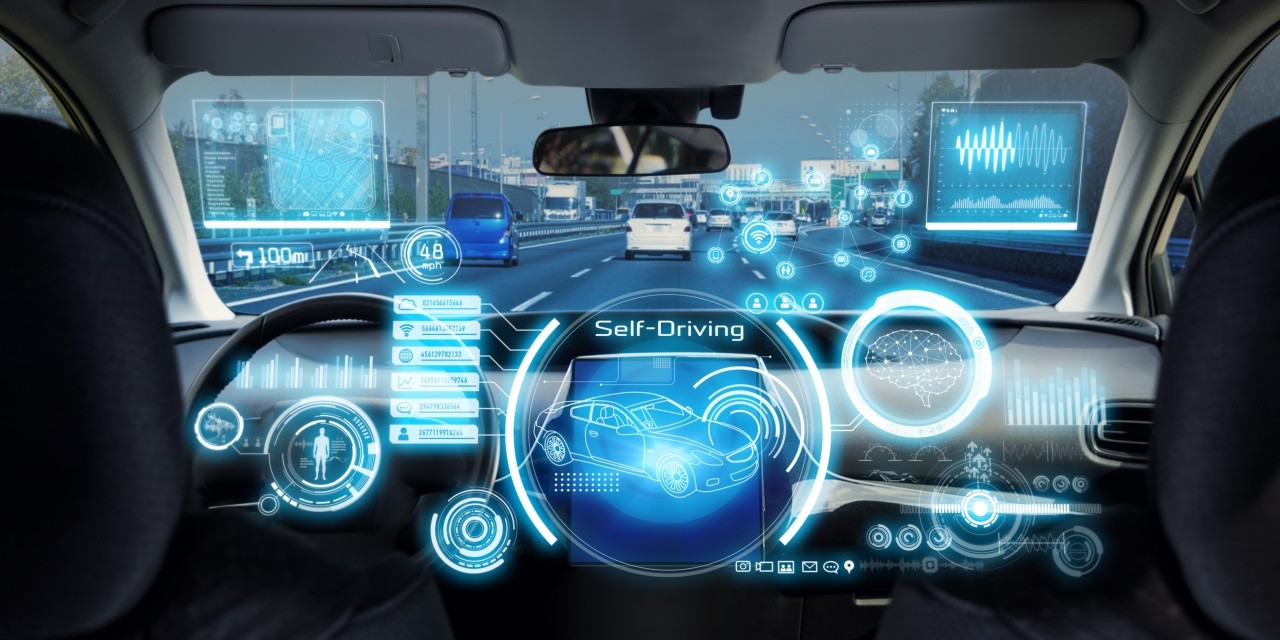The Folio has a story on the ethics of AI that quotes me with the title, Making AI accountable easier said than done, says U of A expert.
One of issues that interests me the most now is the history of this discussion. We tend to treat the ethics of AI as a new issue, but people have been thinking about how automation would affect people for some time. There have been textbooks for teaching Computer Ethics like that of Deborah G. Johnson since the 1980s. As part of research we did on how computer were presented in the news we found articles in the 1960s about how automation might put people out of work. They weren’t thinking of AI then, but the ethical and social effects that concerned people back then were similar. What few people discussed, however, was how automation affected different groups differently. Michele Landsberg wrote a prescient article on “Will Computer Replace the Working Girl?” in 1964 for the women’s section of The Globe and Mail that argued that is was women in the typing pools that were being put out of work. Likewise I suspect that some groups be more affected by AI than others and that we need to prepare for that.
Addressing the issue of how universities might prepare for the disruption of artificial intelligence is a good book, Robot-Proof: Higher Education in the Age of Artificial Intelligence by Joseph Aoun (MIT Press, 2017).
Instead of educating college students for jobs that are about to disappear under the rising tide of technology, twenty-first-century universities should liberate them from outdated career models and give them ownership of their own futures. They should equip them with the literacies and skills they need to thrive in this new economy defined by technology, as well as continue providing them with access to the learning they need to face the challenges of life in a diverse, global environment.
